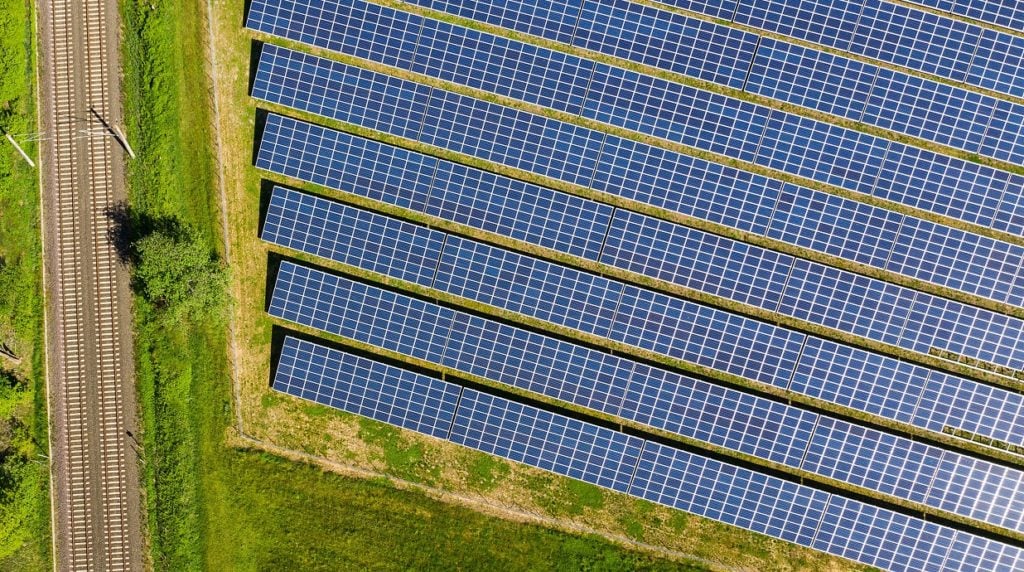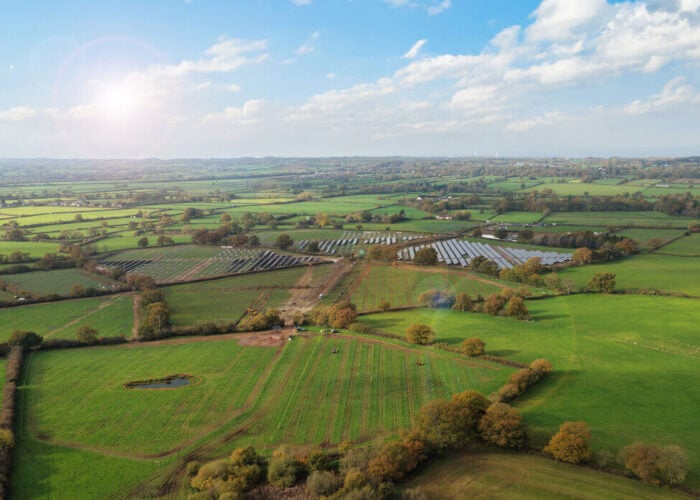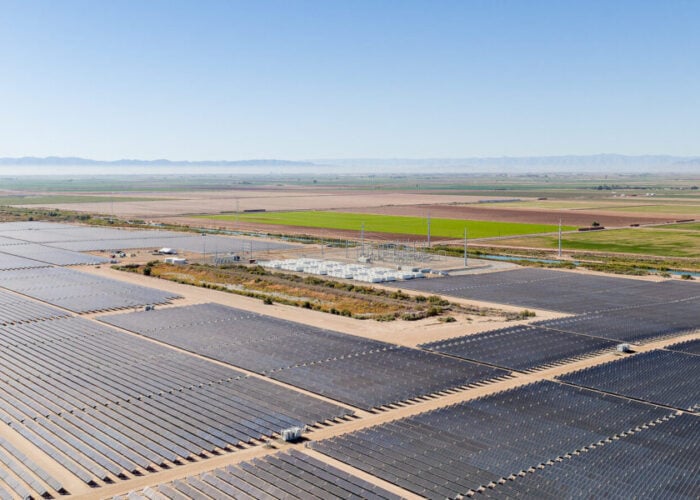
The German Federal Network Agency has announced the results of its most recent auction for ground-mounted utility-scale solar PV, with 677MW worth of applications received and just 609MW approved out of a possible 890MW tendered.
The agency cited the volume of projects tendered throughout 2022 – over 3,000MW – as the reason for this round’s underwhelming performance, whose original target had been around 1.2GW. German solar trade association the Bundesverband Solarwirtschaft (BSW) said that rising prices and the failure of the country’s Renewable Energy Sources Act to accommodate this are the main reason for the tender results.
Try Premium for just $1
- Full premium access for the first month at only $1
- Converts to an annual rate after 30 days unless cancelled
- Cancel anytime during the trial period
Premium Benefits
- Expert industry analysis and interviews
- Digital access to PV Tech Power journal
- Exclusive event discounts
Or get the full Premium subscription right away
Or continue reading this article for free
The 104 successful projects that make up the 609MW awarded will come in at prices between €0.052 and €0.059/kWh (US$0.055 – 0.062), with an average weighted price of €0.058/kWh. This is an increase on prices in April, when 1.1GW of projects were signed off at an average cost of €0.0519/kWh.
Bavaria took the lion’s share of projects, where 60 signings accounted for 307MW capacity. The majority of successful bids – 310MW – were for projects on arable or grassland, 239MW of which went to Bavaria.
In response to the tender, BSW said that the government’s electricity price brake, which will cap electricity prices for consumers by skimming profits off the top of providers, has discouraged investment in solar parks. The policy will come into effect next year and retroactively tax profits from September 2022 onwards.
The Netherlands recently introduced a similar scheme, which was met with apprehension amongst industry commentators who saw the possibility of excessive solar levies discouraging growth in the sector.
BSW said in a public comment today that the success of Germany’s energy transition is threatened by these cost issues, calling on the Bundestag to take account of the rising prices of solar installations.
However, the trade association also published findings that the country is expected to see 25% more solar capacity come online in 2022 than last year. In May, PV Tech Premium spoke to policymakers and developers about Germany’s plans to install 215GW of PV capacity by 2030.






